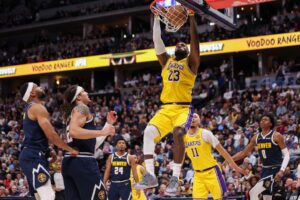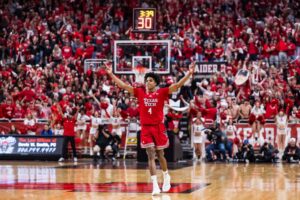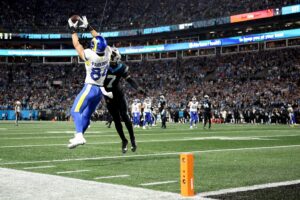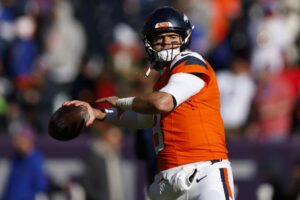FanDuel Not Worried Its New Prediction Market Brand Will Jeopardize Sportsbook Licenses
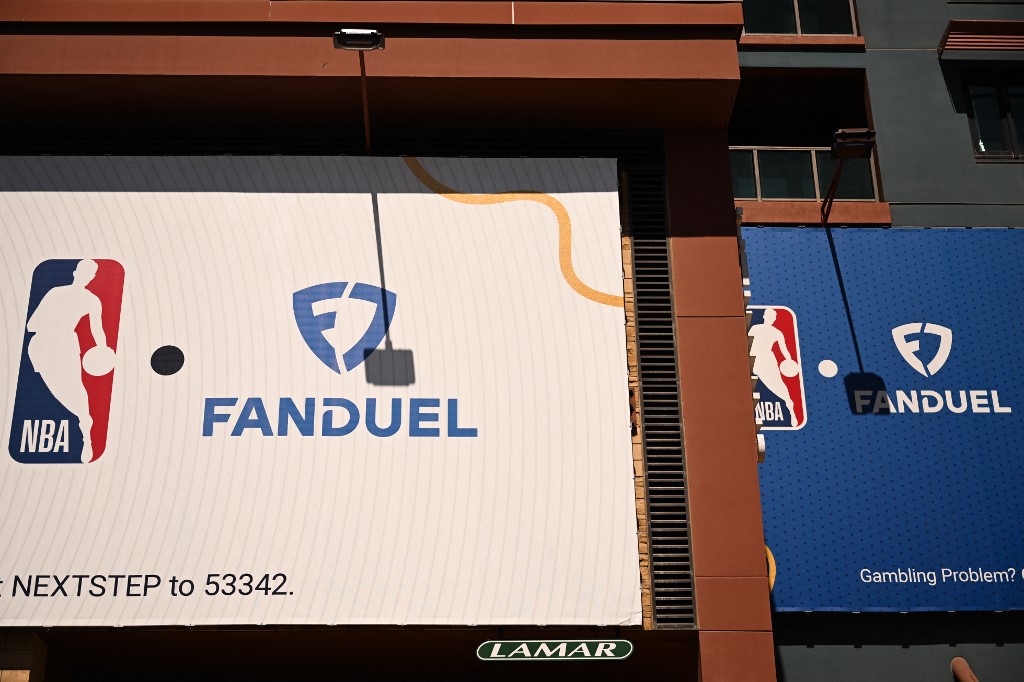
The FanDuel Predicts app will be available in a few short months, but its parent company, Flutter, is stating that its launch will not threaten its existing sports betting licenses despite the legal turmoil swirling between state gaming authorities and prediction platforms like Kalshi.
FanDuel Poised to Enter Prediction Industry
Many sportsbooks have been reluctant to join the prediction market industry for fear of rankling the state regulators that hold their licenses. However, the two sports betting industry leaders, DraftKings and FanDuel, have announced their intentions to enter the market but only in states where sports betting is not yet legal.
Flutter CEO Peter Jackson says FanDuel would not risk its sports betting licenses to enter the sports event prediction industry and is only integrating its new FanDuel Predicts in markets that do not currently offer sports betting. This new frontier also gives FanDuel and DraftKings access to the two largest markets in the nation, California and Texas.
FanDuel has joined forces with the CME Group to roll out FanDuel Predicts. “Our new event contracts on benchmarks, economic indicators, and now sports will appeal to a new generation of potential participants who are not active in these markets today,” said CME Group Chairman and CEO Terry Duffy. “This launch will dramatically expand our distribution and reach, connecting directly with FanDuel’s millions of registered U.S. users.”
What’s the Difference?
Is sports event contract trading a sports bet masquerading as a financial instrument, or is it what it purports to be—nothing more than a commodity contract much like gold, silver, or pork bellies?
That is the question that has been argued at the state and federal court levels between state gaming agencies, which believe their sports betting industry is being usurped by prediction platform interlopers, and the trading platforms themselves, like Kalshi or Polymarket.
Naturally, the US-licensed sportsbooks, which pay hundreds of thousands, if not millions, of dollars for licensing fees and then share a significant portion of their revenue with the states, are none too happy with prediction markets.
The sports event trading platforms operate similarly to sportsbooks, but instead of making a wager where the lines or odds are locked in, a sports event contract is volatile and allows it to be bought or sold while the event is occurring at a profit or loss to the owner. This is identical to the way a contract for the price of gold, silver, or any other market operates.
However, sports event trading was only an idea that manifested last year when trading platforms began offering contracts on the Super Bowl. You see, the trading platforms are governed by the Commodity Futures Trading Commission (CFTC) and can operate with impunity in all 50 states, superseding state laws.
However, the state gaming agencies have argued that this does not apply to gaming, while the trading platforms contend it is nothing more than a financial instrument and not sports betting. The trading platforms like Kalshi have notched early legal victories at the federal level, but a definitive legal declaration won’t occur until this reaches the Supreme Court within what is expected to be the next two years.

